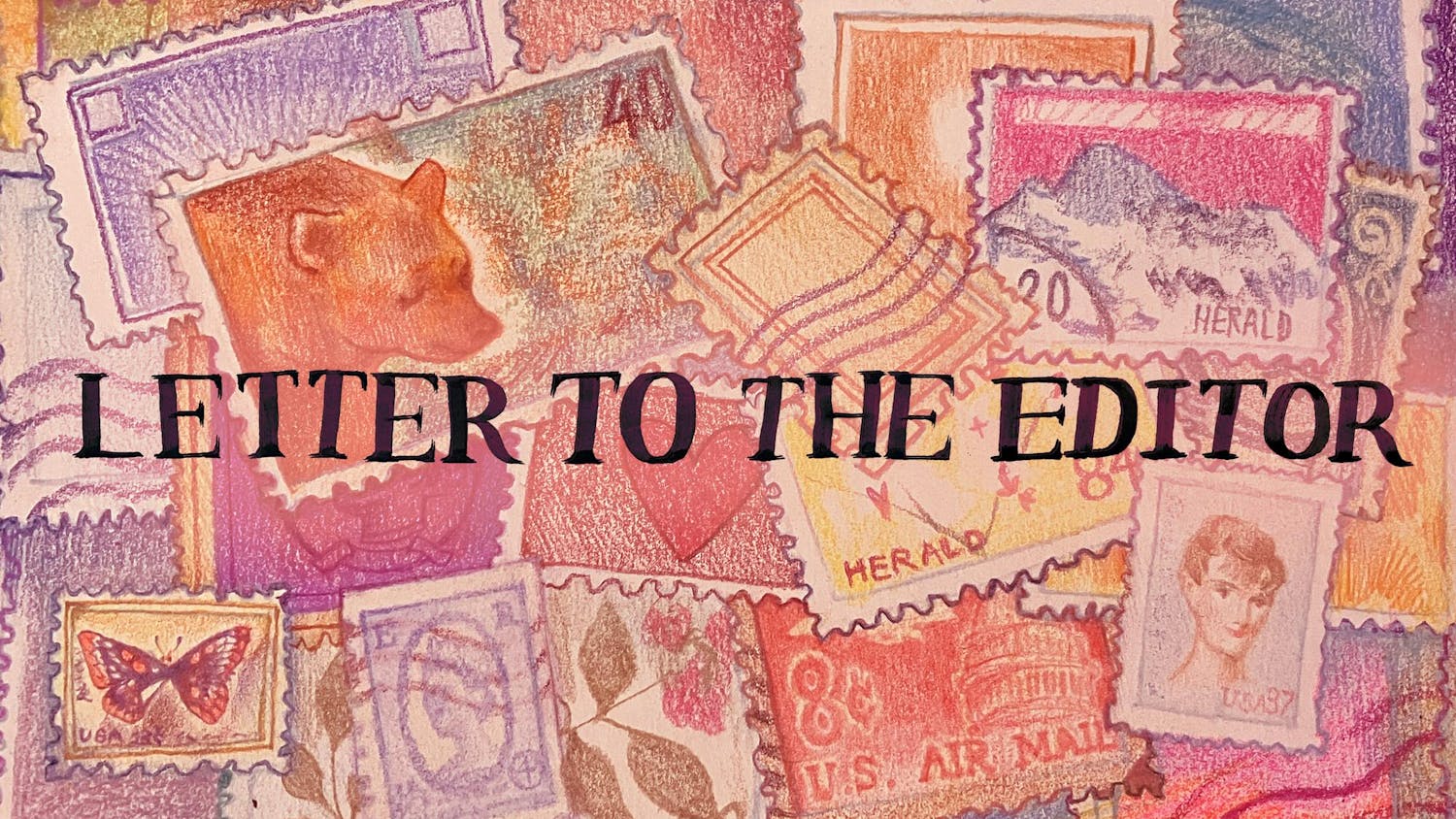Rates of return, growth patterns, mathematical variables and curves. This is the image of modern economics.
At first glance, it might be tempting to think that economics has discovered the elusive secret of using the scientific method to study the way humans interact — emerging victorious in the battle of social sciences. And, indeed, students and employers are increasingly viewing economics as the most practical concentration in the social sciences. At Brown, economics is one of the most popular concentrations, and the number of students studying it has risen by nearly 40 percent between 2008 and 2012. There are also signs that this number will continue to grow.
And yet, despite the many benefits of studying economics, we should be wary about its increasing dominance as a lens to make sense of socio-political life. Though economics offers a quantitative approach to social science that other fields might not offer, the endless graphs, econometric statistics and micro- and macro-economic analyses cannot project a complete image of public life on their own.
What’s missing in this is the humanity of economics — the “social” in social sciences. Let’s take the example of the minimum wage. When a minimum wage is imposed on the economy — distorting the market and potentially producing greater unemployment — economists are trained to point out this apparent inefficiency. What is often obscured in subsequent discussions is an analysis of the political and ethical reasons for imposing such a wage control.
In many cases, the minimum wage is preferable to more economically acceptable alternatives because it can be easier to maintain politically — it’s difficult to reduce a minimum wage once it’s been imposed. Moreover, there’s no consideration of the idea that governments have an ethical responsibility to ensure their citizens earn a living wage. Economics curricula generally do not teach us to think about the impacts of economic policies on human well-being, quality of life, fulfillment or happiness.
Nowhere is this idea more apparent than in the debate over long-run and short-run economic gain. For example, economics classes teach us the benefits of free trade in terms of its impact on long-run economic growth, increases in productivity and collective wealth. But what do these long-run proclamations actually mean to the manufacturing workers who have seen their jobs shipped overseas and demand for their labor relinquished? What kind of consolation could pronouncements about long-run growth possibly be?
And though long-run economic growth and productivity are undoubtedly important, they are elements that alone cannot determine how best to live our lives and increase societal happiness and fulfillment.
Beyond this, economics is often marked by tacit ethical and behavioral assumptions: For example, a high unemployment rate is to be avoided, low interest rates can be good because they stimulate investment or price controls produce market inefficiency. When engaging with such topics, students are asked to mechanically find a correct answer as they would on a mathematics exam.
But a comprehensive understanding of social sciences requires much more. In our economics classes, we attempt to reduce the impact of boom-bust cycles, but we don’t ask why they happen. We don’t ask whether unemployment is necessarily a bad thing. We don’t ask whether quality of life always increases in congruence with economic growth. And we don’t consider the historical and cultural reasons why people behave the way they do — rather we rely on a flawed understanding of humans as inherently self-interested, rational actors. These are assumptions that would be, at best, deeply questionable to those exposed to other disciplines. Above all, they indicate the insufficiency of using pure economics to develop one’s world view.
In saying this, I am not criticizing economics in a broad sense or belittling its importance — to do so would be absurd. The virtues of economics are undeniable; it is an essential tool for developing a nuanced understanding of politics, world affairs and history. Anyone who purports to take politics and public engagement seriously would be doing themselves a disservice if they failed to develop a rudimentary understanding of economics and market functions. But the reverse is also true: Anyone passionate about economics should look to other disciplines to add nuance to their course of study.
More economic students should look outside their own concentration. In particular, they should look toward subjects like history, sociology, political science, psychology and philosophy to enhance their perspective on how economics fits into the web of other social sciences. By doing so, students will have more nuanced opinions about world events. More importantly, economics departments should reframe their curricula to encourage more interdisciplinary learning — something our economics department has not convincingly done.
We should remember that economics is best understood as a component, not the sum, of the social sciences.
Julian Jacobs ’18 can be reached at julian_jacobs@brown.edu. Please send responses to this opinion to letters@browndailyherald.com and other op-eds to opinions@browndailyherald.com.




